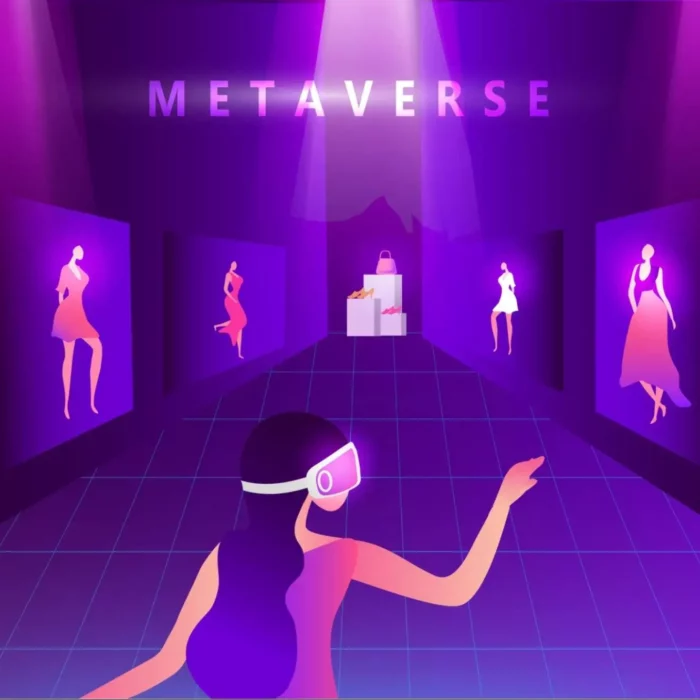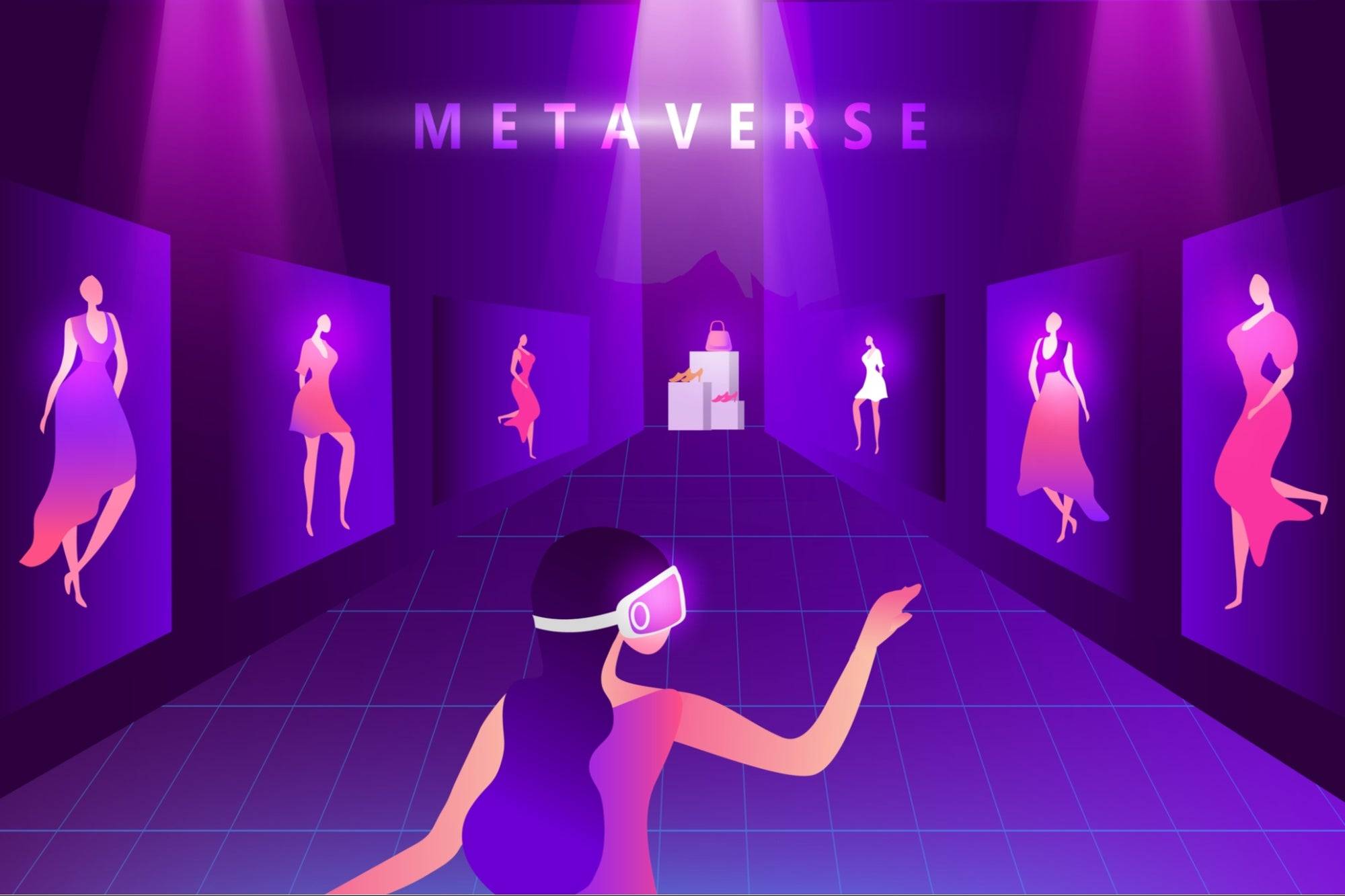At JLB, we offer a variety of services including email content development. Words are powerful, and your email blast is an important component of your business. We found this article by Kevan Lee on Buffer Social very interesting as it analyzes powerful copywriting.
The Big List of 189 Words That Convert: Write Copy that gets your customer’s attention every time
By Kevan Lee
“Join us!”
“Sign up!”
These phrases litter the huge variety of email newsletter boxes you’ll come across online, and they generally serve the same purpose: Click here to give us your email address. They serve the same purpose, but do they say the same thing?
Can one word change the way you feel about a button?
In my experience, yes. I subscribe to the copywriting school of thought where every single word is absolutely worth stewing over and A/B testing because one single word can change everything. The difference between “joining” and “signing up” is the difference between fellowship and enlisting. A word changes the meaning, the mood, and the motivation.
The most powerful words, shared to social at exactly the right times. Schedule for free with Buffer!
The power of a word
To connect the dots then, you’re probably wondering: If a single word makes that much difference, then what words should I be using? Which words and phrases convert?
The science of copywriting, the psychology of headlines, and the art of CTAs has revealed quite a number of go-to moves for marketers looking to gain a linguistic edge in their words and pitches. I’ve enjoyed saving several lists of these so-called power words and pulling them out to use in a pinch. I’m happy to share my lists with you of the phrases and words that convert . Do you have any power words that work magic for you? I’d love to hear about them in the comments.
Research reveals how a single word makes all the difference
You likely know inherently that specific words matter. You click on a headline because a single word strikes you. You click a signup button because a word creates an emotion.
The research behind this power of words is incredibly deep. Researchers have found that the word you use to describe a car accident (“contacted” vs. “smashed”) paints the way eyewitnesses view the event. Another study found that simple stock names that are easier to pronounce lead to quicker gains post-IPO.
Perhaps my favorite study is one shared by Brian Clark of Copyblogger. Social psychologist Ellen Langer tested the power of a single word in an experiment where she asked to cut in line at a copy machine. She tried three different ways of asking:
“Excuse me, I have five pages. May I use the Xerox machine?” – 60% said OK
“Excuse me, I have five pages. May I use the Xerox machine because I’m in a rush?” – 94% said OK
“Excuse me, I have five pages. May I use the Xerox machine because I have to make some copies?” – 93% said OK
I don’t know about you, but I thought Langer’s third request was rather elementary. Yet it didn’t matter. The trigger word “because” was all she needed. The takeaway: When you want people to take action, always give a reason.
Neurologically, we have an instinctual reaction to words and language. Researchers have found that we are hardwired to associate sounds with images, even in words we do not comprehend. Here’s a test for you, pulled from a study by Wolfgang Köhler. Which of the two shapes below is a maluma and which is a takete?
maluma takete
The vast majority of respondents label the smooth, rounded image a maluma and the hard, jagged image a takete.
To go one step further into the power of words, you can look at Patrick Renvoise and Christopher Morin’s book about neuromarketing (see Peep Laja’s article at ConversionXL for a great analysis of the book). Renvoise and Morin highlight the three different brains we have: the new brain, the middle brain, and the old brain.
three-part brain
The old brain is the part that controls decisions, and it also happens to be the most primitive. In this way, the words you use to market to the old brain will often be the most direct, simple, arresting, visual words you have.
You’ll likely see a lot of these “old brain” words in the lists below.
The ultimate list of words and phrases that convert
A quick Google search can reveal pages of results for persuasive and powerful words. There’s no trouble finding them; there’s sometimes trouble applying them. The words you see below are split into a number of categories, along with some ideas on how I’ve used them in the past (and how you can use them, too).
Ultimate words and phrases
The 5 most persuasive words in the English language
You
Free
Because
Instantly
New
You’ve seen these words countless times before—and for good reason. The research behind these words has shown over and over that they work. Gregory Ciotti wrote about these five in a post for Copyblogger, showing exactly how each is vital for persuasive speech and copy. For instance, immediate words like “instantly” trigger mid-brain activity and feed our zest for quick gratification.
Where to try these words: Calls-to-action, headlines, email subject lines, headings, opening sentences and paragraphs
The 20 most influential words, via David Ogilvy
- Suddenly
- Now
- Announcing
- Introducing
- Improvement
- Amazing
- Sensational
- Remarkable
- Revolutionary
- Startling
- Miracle
- Magic
- Offer
- Quick
- Easy
- Wanted
- Challenge
- Compare
- Bargain
- Hurry
David Ogilvy is to advertising as Jimi Hendrix is to the electric guitar. His list of influential words you see above was first published in 1963, and many remain in vogue today. Click here to continue reading.










